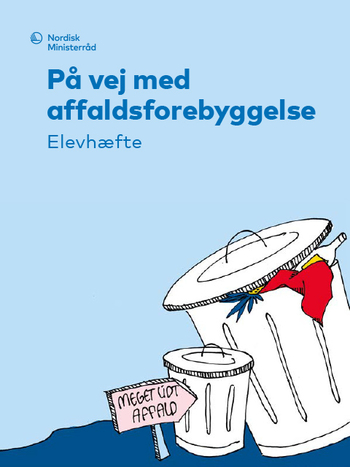Minimisation of odour from composting of food waste through process optimisation
A Nordic collaboration project

Information
Udgivelsesdato
Beskrivelse
Composting of food waste often causes problematic odour emissions. This project develops recommendations to minimise the risk of odour problems and to achieve an efficient process and a high and uniform product quality. Three full-scale plants and one experimental reactor were investigated. The results show a strong correlation between pH and odour emissions, temperature and decomposition rate are also important factors. The main recommendation to reduce odour problems is to control the process so that pH increased rapidly, without increase of temperature, either through ventilation or by addition of compost or wood ash with high pH. Water may contribute to control temperature. Food waste is high energetic and a large amount of energy is released during composting. If energy is used to evaporate water, the compost will be kept cool. The amount of water in food waste is usually not sufficient to allow adequate evaporation and cooling. It should therefore be possible to add water to the process to help control of temperature end pH. The original report, in Swedish, is published at http://www.avfallsverige.se/m4n?oid=2399&_locale=1
Publikationsnummer
2009:561




